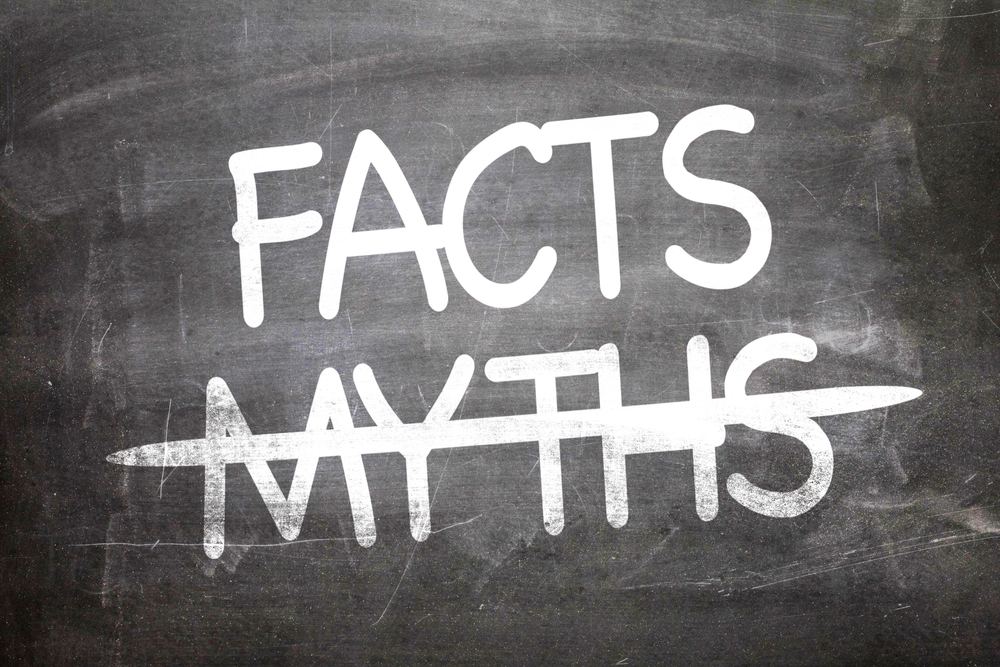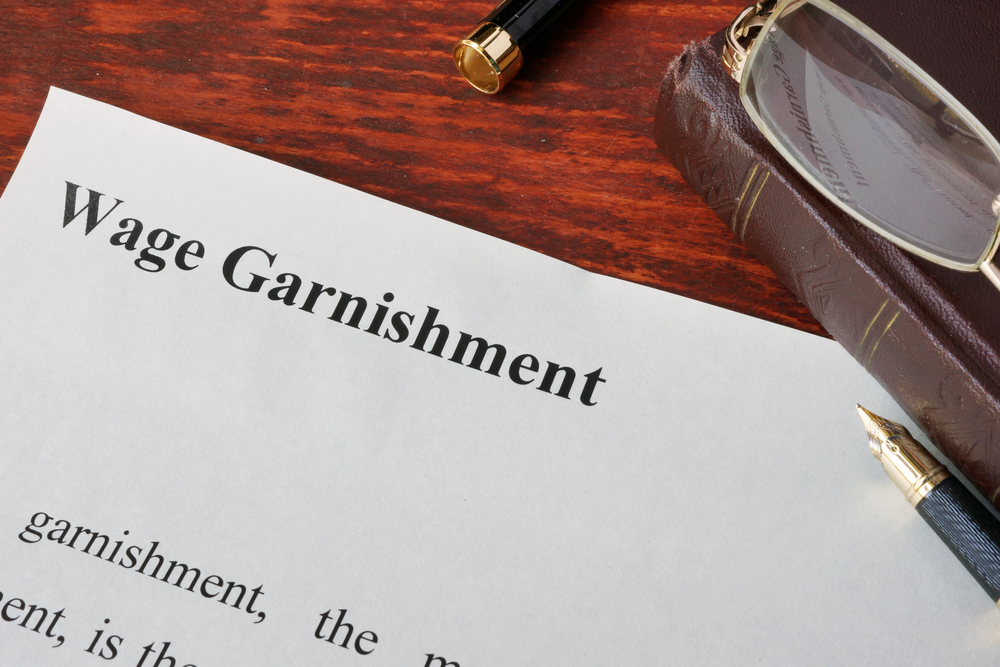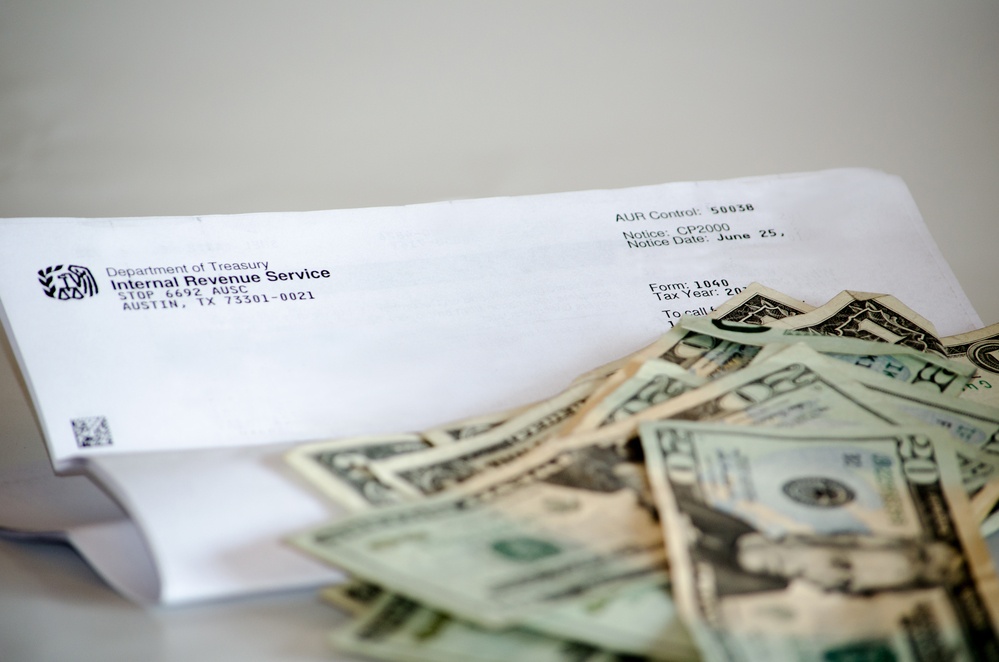At any given time, about 1% of US workers are probably experiencing a wage garnishment. Wage garnishment can feel like a heavy weight on your shoulders, especially if you're trying to regain financial stability. Many people wonder if switching jobs will put an end to their wage garnishment or if there are other ways to stop it. Let’s break it down into simple terms so you can understand your options and take action.
11 IRS Wage Garnishment Myths
Editor’s Note: This post was originally published in February 2012 and has been updated for accuracy and comprehensiveness.
If you're facing an IRS wage garnishment, you're not alone. A recent study by Northwestern and MIT estimates that 1% of workers, or 1 in 100, may be experiencing a wage garnishment during any given pay period. It's important for you to understand what is true and what is false about wage garnishments so that you can take whatever steps are necessary to stop wage garnishments. If you know the truth, you are one step closer to being able to stop IRS wage garnishments. Here are 11 common myths...
Questions About Wage Garnishments? We Have Answers
Experiencing a wage garnishment can be an unsettling and stressful situation. If you've recently received notice that the Internal Revenue Service (IRS) or another government agency plans to garnish your wages to collect unpaid taxes or other debts, you're not alone in feeling concerned or confused about what happens next. Wage garnishment is a significant financial challenge, and it's entirely normal to have questions and worries about the process, its implications, and how to navigate through it. Below, we'll provide you with information to help you better understand what wage garnishment entails, your rights and options, and steps you can take to address this situation and regain control of your financial well-being.
Read More >Yes, Wage Garnishments Are Public Record. Here’s How to Stop One.
ADP, a payroll services provider, reported that in 2017 one in fourteen American workers had wages garnished.
Read More >Can My Federal Benefits Be Garnished?
Can your federal benefits be garnished? In today's business climate, that is a fair question. Unfortunately, there isn't a quick answer other than "It depends."
Read More >Texas Wage Garnishment: How Much Money Can My Employer Take?
Creditors generally have a variety of options to collect on debts owed to them. Among them, wage garnishment is one that is used the most often to get money from debtors.
Read More >An Employer's Guide to IRS Wage Garnishment
As an employer, you are required to follow precise state and federal laws when paying your employees. Along with paying them what they have earned, you also must withhold amounts from their paychecks whenever your employees are garnished. You can comply with a garnishment order fully by understanding what it is and under what circumstances the state or federal government requires you to withhold money from your employees' earnings.
Read More >The Impact of Wage Garnishment on Your Credit Report
When you owe money to a creditor, that person or company has the right to pursue the debt through a variety of methods. It can send you letters or make phone calls to your home to demand payment on the account. It can also ask a judge to have your wages or salary garnished until the debt is paid in full.
Read More >How to Stop an IRS Wage Garnishment
The IRS can utilize a number of different methods to collect on a tax debt that you owe. Among them, wage garnishment is one of the most common. You may be able to avoid an IRS wage garnishment by learning under what circumstances it is used and how it could possibly be released if you owe a debt to the IRS.
Read More >Can Filing for Financial Hardship Stop a Wage Garnishment?
When you borrow money from the federal government to go to school, you are expected to pay back that loan with interest after you graduate. You cannot ignore your obligation to repay your student loans.
Read More >SUBSCRIBE VIA EMAIL
POSTS BY TOPIC
- Tax Tips and Help (285)
- IRS Collections (121)
- IRS Audit (72)
- Tax Credits and Deductions (70)
- Tax Resolution (62)
- Business Taxes (54)
- Back Taxes (48)
- Wage Garnishment (21)
- Tax Levies (19)
- IRS Payment Plans (15)
- Tax Liens (14)
- Offer in Compromise (9)
- Unfiled Tax Returns (9)
- IRS Tax Attorneys (7)
- Asset Seizure (6)
- Tax Evasion (6)
- Criminal Tax Defense (4)
- Innocent Spouse Relief (4)
- Alimony (1)











